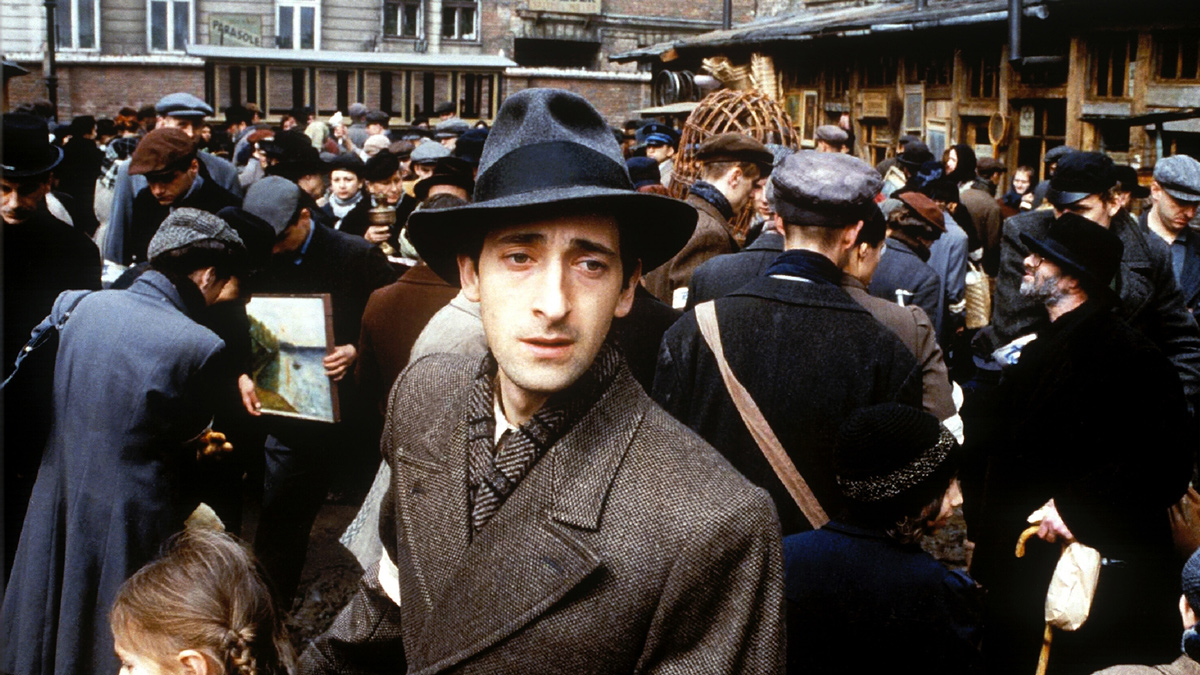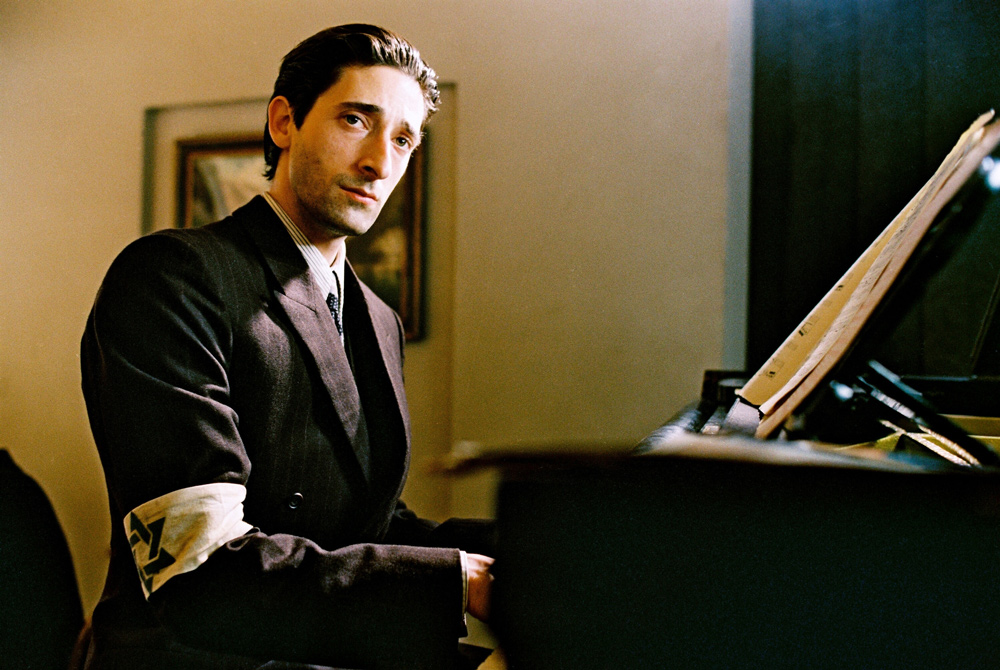
(c) Photofest / Getty Images
``The Pianist'' Why Polanski wanted to make it into a movie after experiencing the ghetto
2019.08.20
Rare "objectivity" spoken by those involved in persecution
Master Roman Polanski avoided depicting that period for many years. Director Polanski spent his early years in a Jewish segregated quarter in Krakow. His parents were sent to an extermination camp and lived a lonely life. Polanski escaped the ghetto and, like Władyk, The Pianist pianist, survived the war in Poland. His father survived, but his mother passed away in the camp. Although Władyk and Polanski did not know each other at the time, they had the same background and had gone through that era together.
Director Polanski never depicted that era of fear of persecution, with the only exception being the short story Quand les anges tombent (1959). Not only did he lose his beloved mother, but he had no intention of touching on the war, which left a huge scar on his heart. Even when he was offered to direct the Holocaust masterpiece `` Schindler's List '' (1993), he flatly refused. The influence that the acid nosed war had on young Polanski was immeasurable. The Truth that lies deep in Polanski's memory and that he has avoided confronting is reawakened through his encounter with Władyk's personal experience.

“The Pianist” (c) Photofest / Getty Images
Władyk's memoir, written immediately after the end of the war, is written from a surprisingly neutral point of view, hard to believe was written by a Holocaust victim. Even though he was robbed of his livelihood, his family, and everything else, he does not portray his enemy, the German soldiers, as a complete enemy. Moreover, even my fellow Jews are sometimes portrayed in a way that is not very flattering. It exists between various opposites, such as good and evil, yin and yang, and light and shadow, in other words, it has a thorough "objectivity." Why did director Polanski, who was supposed to be a victim of persecution, choose Władyk's memoir as his subject instead of trying to depict his own experiences? The answer to everything lies in the "objectivity" of the original work.
The director said this in a past interview. ``In his books, there are bad Poles and good Poles as well. Just as there were good and bad Jews and Germans...I was strongly attracted to this aspect of the original work. , I decided to make it into a movie."

